Imagine yourself at work in a busy office. Colleagues chatter away. Your boss approaches your desk, as you’re asking a question of Copilot: How do I win the Northwind account? They notice, turn, and give you a look.
What is that look? Condescending? Approving? Collegial? And how do you feel when you receive it? Like you’re part of the team or that you should know better?
It’s a scenario that could play out if Microsoft has its way. Because Microsoft’s Windows chief is trying to make voice chats with Copilot a thing — again — a decade after Microsoft Cortana and Windows 10 debuted. Are we finally comfortable in publicly chatting with an AI, or is this something that we’ll collectively be embarrassed to do? A lot rides on your reaction.
Microsoft recently released a video interview with Pavan Davuluri, head of the Windows + Devices team (covering Windows and Surface). Davuluri’s video outlined what Microsoft sees as the future of Windows, at least conceptually. As you might expect, Microsoft plans to lean heavily into AI and into the cloud.
The more interesting discussion, however, is a cultural one. Microsoft has always believed in what it calls modalities: interacting with your computer via your keyboard and mouse, but also via touch, stylus, even by tracking your eyes and listening to your voice. Actively talking to your PC would be an enormous cultural shift. And don’t think Davuluri was speaking in a vacuum, either: in a second Microsoft video describing Windows in 2030, corporate vice-president David Weston describes the replacement of mice and keyboards with voice input.
Microsoft’s vision is voice and vision — Copilot Vision. The AI assistant will see what you’re looking at and help you plan, strategize, and perform tasks. Orally. Out loud. Even if you’re wearing earbuds, others nearby could hear your interactions.
“The other thing I think is going to get more intuitive is multimodal interactions,” Davuluri said. “So you’ll be able to speak to your computer while, you know, writing, inking, interacting with another person.”
No one talks to AI at work. They just don’t
Ages ago, around the launch of Windows 10, I was invited down to Nuance Software’s office in Silicon Valley. Nuance makes Dragon Software, which at least then was the premier dictation application for Windows. The company was also expanding into cars, developing hands-free navigation solutions. I remember walking back and forth between the demo rooms in near silence.
No one was using Dragon’s software. No one was talking with or dictating to their PCs. This was the one place that you would expect people to actively dogfooding their own software, showing anyone who came near how easy it was to use. Not a soul did.
I’ve been in many offices since and I don’t think I’ve ever heard anyone talking to Cortana, Copilot, ChatGPT, you name it.
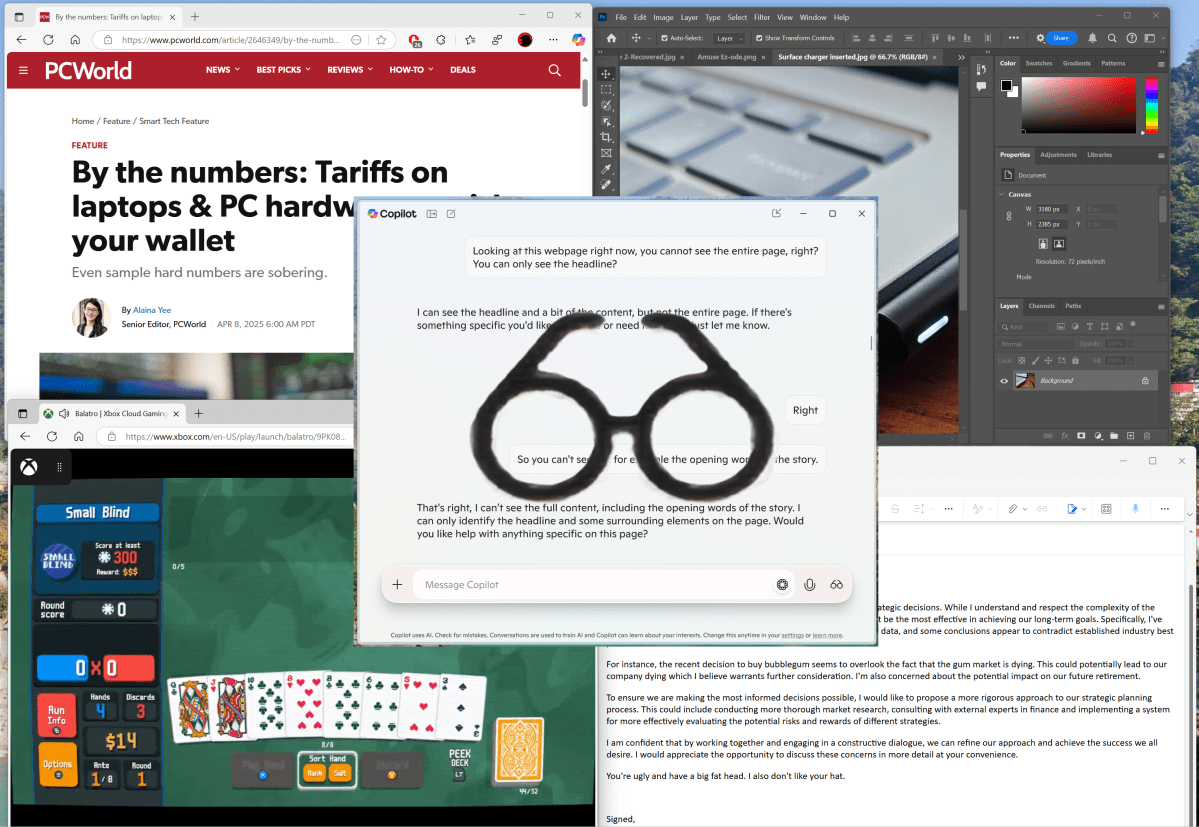
Mark Hachman / Foundry
And why should you? We live in a world dominated by people “dunking” on one another on social media, constantly judging others by their actions, inactions, language, and politics. It’s easier to remain quiet than to loudly proclaim what you’re working on or where you need help. And god forbid you call the chatbot by a name, or ask it to refer to you by a title or in a weird style.
Even using AI is risky. On one hand, you might curry favor with management. They want employees to leverage AI tools to increase productivity. On the other hand, relying on AI might prevent you from moving up the ranks.
So if not work, where?
Microsoft’s Cortana was quickly transformed into a meme — HI I’M CORTANA AND I’M HERE TO HELP!!! — and the application’s capabilities were somewhat limited. Finally, there was the performative aspect, and later the fact that Microsoft’s Halo team turned Cortana into a villain. All those, I think, helped contribute to Cortana’s early demise.
But there’s one big thing that’s changed since Cortana debuted: more people now work from home.
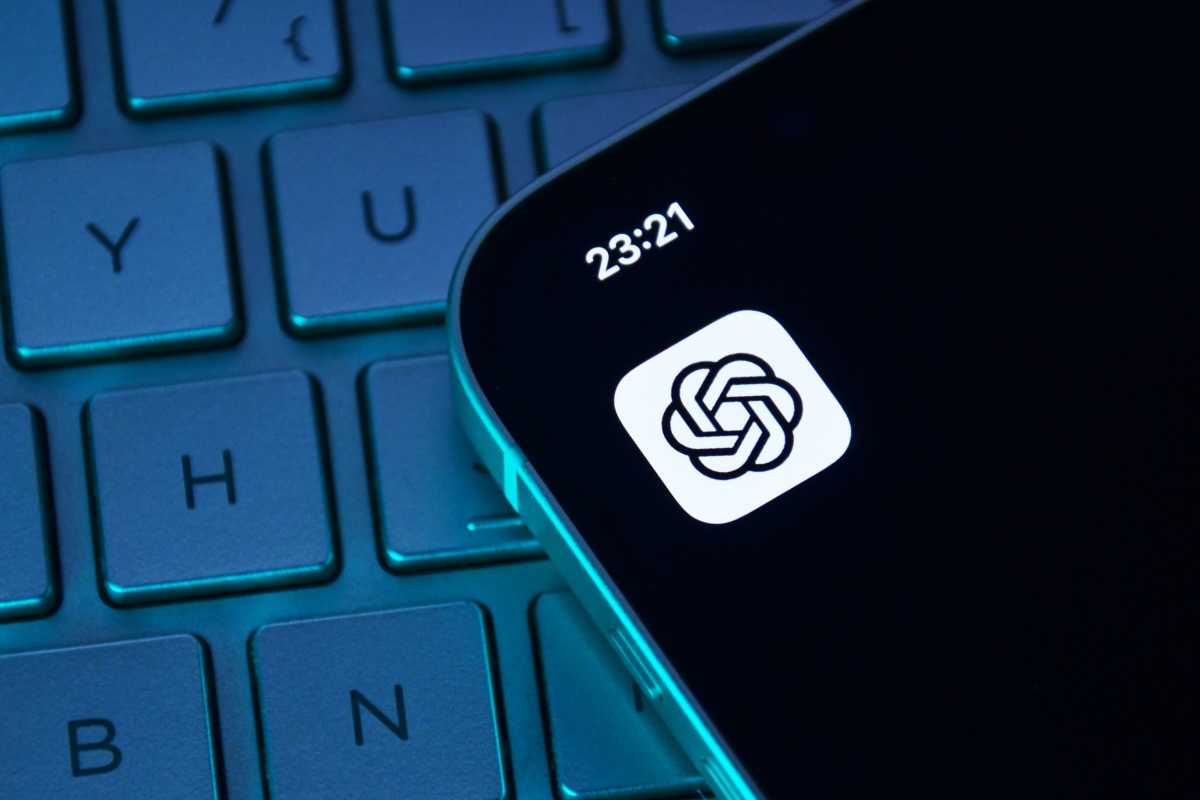
At home, you have the freedom to talk to Copilot or ChatGPT nonstop. There’s no one there to care, or to judge. Most (good) remote jobs simply evaluate workers on their ability to perform and produce, leaving how they accomplish their goals up to the employee. This is the world in which Microsoft’s Windows future will thrive.
It’s ironic, then, that Microsoft reportedly is joining the “return to office” movement, requiring its employees to work at least three days a week in Redmond. I’ve only been able to be escorted around Microsoft’s offices on a few occasions, so I’m not sure how many work in cubes versus the luxury of a private office.
I do wonder how many would be bold enough to orally chat with Copilot, risking disturbing their coworkers and tipping off their boss. And, of course, there are many, many big businesses without the full-throated support for AI that Microsoft espouses.
It all leads to a rather startling conclusion, however. If Microsoft truly thinks that workers should be chatting with Copilot, maybe it should become a more vocal proponent of remote work. After all, if people are holding conversations with AI therapists and girlfriends, they certainly aren’t doing it where their boss could overhear. Why should Copilot be any different?
Ak chcete pridať komentár, prihláste sa
Ostatné príspevky v tejto skupine
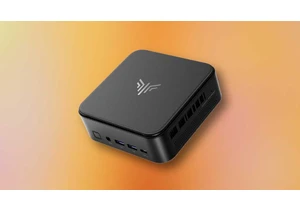
The beauty of a mini PC is that it’s small enough to take up very lit
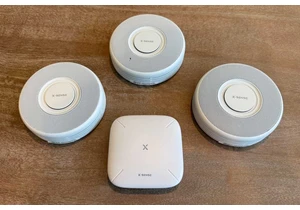
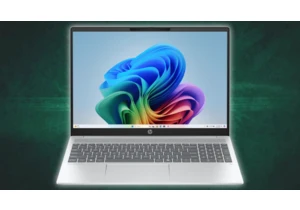
$500 is something of a sweet spot for budget laptops. There are plent

An apparent leak of the planned notebook CPU releases from AMD and In
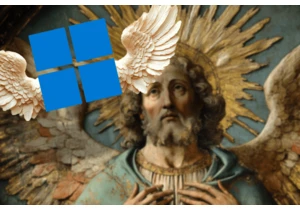
You might have played around with God modes in PC games before, where

Picking the right laptop can be difficult, especially since there are

“If the product is free, you are the product.”
You can app
